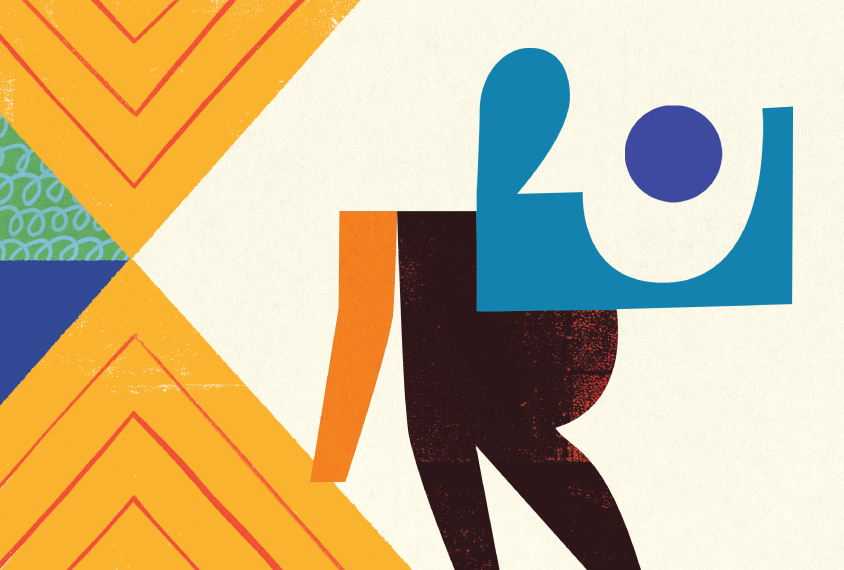Randi Hagerman
Medical Director
MIND Institute
From this contributor
Diabetes drug delivers multiple benefits for people with fragile X syndrome
Researcher Randi Hagerman is a big proponent of metformin — a diabetes drug that she is testing in people with fragile X syndrome. In fact, Hagerman takes the drug herself as a preventive measure against cancer.

Diabetes drug delivers multiple benefits for people with fragile X syndrome
Drug trials for fragile X syndrome lead the way for autism
Several targeted trials on drugs that treat fragile X syndrome are under way. But accurate endpoints to measure the drugs’ effectiveness are crucial, argues developmental and behavioral pediatrician Randi Hagerman.

Drug trials for fragile X syndrome lead the way for autism
Explore more from The Transmitter
Neuro’s ark: Spying on the secret sensory world of ticks
Carola Städele, a self-proclaimed “tick magnet,” studies the arachnids’ sensory neurobiology—in other words, how these tiny parasites zero in on their next meal.

Neuro’s ark: Spying on the secret sensory world of ticks
Carola Städele, a self-proclaimed “tick magnet,” studies the arachnids’ sensory neurobiology—in other words, how these tiny parasites zero in on their next meal.
Autism in old age, and more
Here is a roundup of autism-related news and research spotted around the web for the week of 2 March.

Autism in old age, and more
Here is a roundup of autism-related news and research spotted around the web for the week of 2 March.
Lack of reviewers threatens robustness of neuroscience literature
Simple math suggests that small groups of scientists can significantly bias peer review.

Lack of reviewers threatens robustness of neuroscience literature
Simple math suggests that small groups of scientists can significantly bias peer review.